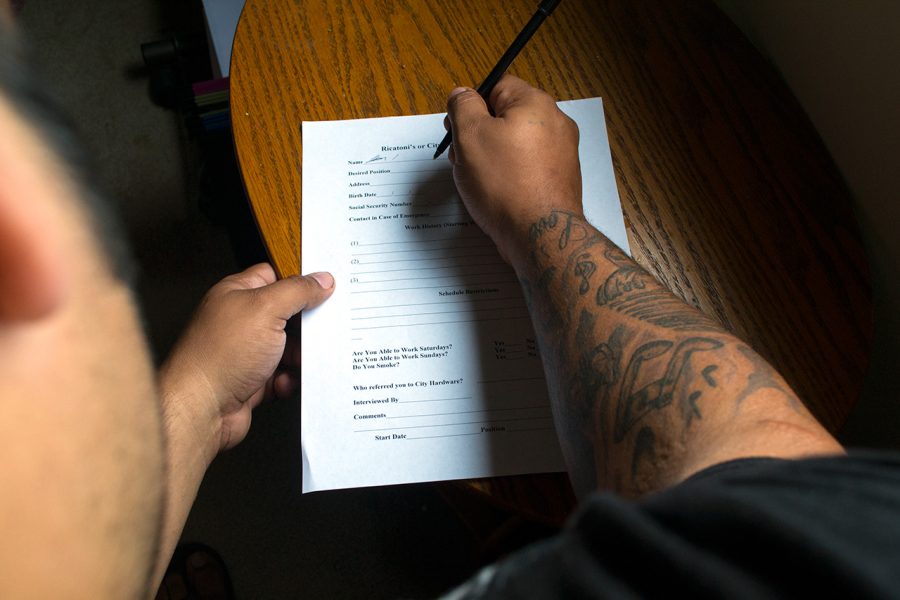Think before you ink
October 4, 2012
New research finds 36 percent of 18 to 29 year olds have tattoos, according to an article published by CBS, and a poll by USA Today finds 21 percent of all adults have at least one tattoo.
Laser tattoo removal has increased 32 percent over the last year, according to The Patient’s Guide, a website dedicated to 25 publications about skin care. The website said many people cite employment as the main reason for having a tattoo removed.
Melissa Medlin, director of career planning, said having a visible tattoo isn’t going to necessarily hinder someone from finding and maintaining employment.
“In a lot of cases, it’s going to depend on the work that you’re doing,” Medlin said.
On the flip side, she said having a tattoo could be a problem when starting the job search.
“Many employers, while they may have a tattoo themselves, don’t necessarily want to hire someone else who does,” Medlin said.
UNA student Mattie Lewis has four tattoos, which she said she intends to keep covered when she tries to pursue future goals.
“I’m trying to get into graduate school,” Lewis said. “I can cover all of them up.”
Lewis said she hasn’t had issues with her current employer about her tattoos, but it could be problematic for future careers.
“I work for a privately-owned company and (my employer) doesn’t really care,” Lewis said. “I think in the future it will be harder to get a job, but right now it’s not.”
Tasha McKinney, a UNA alumna and pharmacy student at The University of Tennessee Health Science Center, said she has a visible tattoo behind her ear.
“When I go on professional outings for school, I have to cover it with a Band-Aid or my hair but not in the workplace,” McKinney said. “To be honest, I don’t think they’ll notice. The pharmacy I worked at before didn’t mind that I had it.”
Medlin said the career planning and development office encourages students to be cautious about revealing tattoos when seeking a job or while at work.
“We encourage students to cover them up, especially during interviews,” Medlin said. “Use Band-Aids or make-up, or just wear long sleeves if you have them on your arms.”
While visible tattoos may be more commonplace in the workforce now than they have been previously, officials said there are still expectations to be upheld.
“You never know what your future is going to hold,” Medlin said. “Many careers still just don’t accept tattoos. Don’t do something now just because it’s faddish or may seem cool.”












